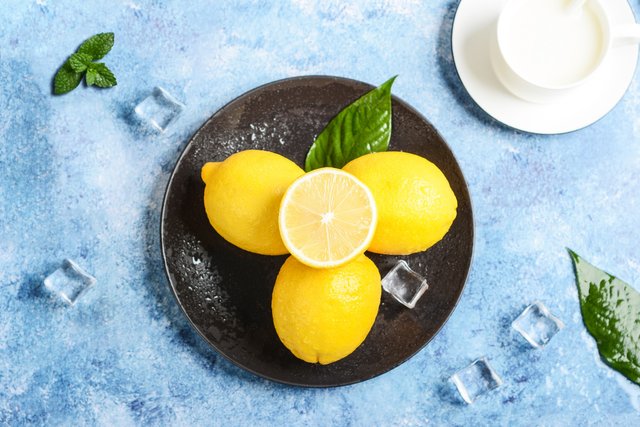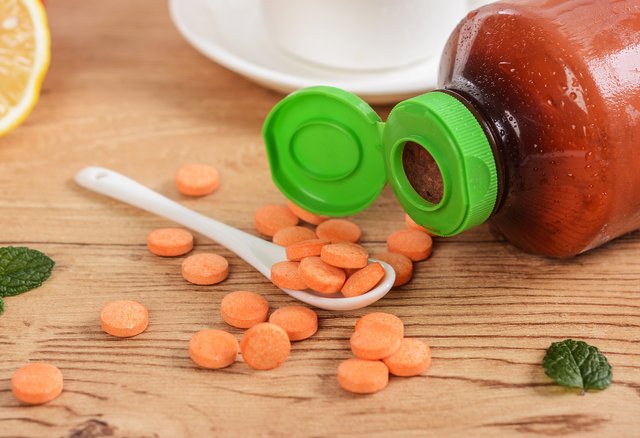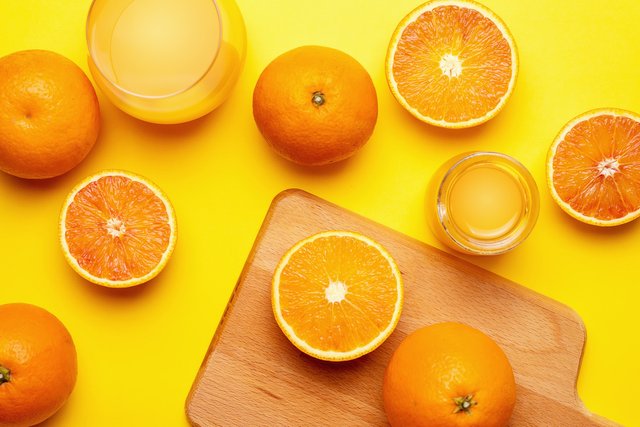In daily life, I often hear conversations like: "I seem to have a cold..." "Make up some vitamin C." The idea of supplementing vitamin C to prevent colds has been around for a long time, and the epidemic has even pushed it to the cusp of preventing new crowns and enhancing immunity . But is vitamin C really that powerful?

Vitamin C is an essential nutrient for the human body, and it has many functions. Such as strengthening immunity, promoting mineral absorption, anti-oxidation, anti-aging and so on. Once vitamin C is lacking, the most direct consequence is scurvy, so vitamin C is also known as ascorbic acid.
In Europe hundreds of years ago, sailors who had been sailing at sea for a long time often suffered from scurvy. The common symptoms were bleeding gums, skin congestion and blood oozing, and finally died in pain. The strange thing is that as long as the ship docks, the disease quickly disappears. A careful ship doctor found that it was difficult for the sailors to eat fresh fruits and vegetables at sea, so he tried to let the sailors eat some fresh citrus every day. A miracle appeared-the scurvy healed quickly.
Many animals can synthesize vitamin C, but humans can only obtain it from food. Animal foods basically do not contain vitamin C. Fresh fruits and vegetables are the main source, such as citrus, tomatoes, strawberries and green leafy vegetables. The best food sources mainly include prickly pears, fresh dates, kiwis, etc., which are also common in daily life.

Do we need to supplement vitamin C?
In theory, normal people can get enough vitamin C from food. But there is always a group of people who do not eat well, and intentionally or unintentionally avoid foods containing vitamin C in their daily diets. That may really need to "add some vitamin C".
There is also a group of people, when the body's need for vitamin C is relatively high and the absorption and utilization rate is relatively low: pregnant and lactating women, children in the growth and development period, and patients in the recovery period, can supplement as much as possible; elderly people The function of human gastrointestinal tract decreases, and the absorption and utilization rate of vitamin C decreases. Appropriate supplementation is also beneficial.
Learn about vitamin C, and you will find that it is actually not a good waiter. Vitamin C is water-soluble, and part of it is lost during washing and soaking; Vitamin C is easily oxidized and cannot be stored for a long time; Vitamin C is not resistant to high temperatures, and a large amount of it will be lost if heated at too high temperature or for too long.
Therefore, people who intend to supplement vitamin C by eating fruits and vegetables are best to choose raw food, or cooking methods such as blanched cold salad, rapid fire and quick stir-fry, with minimal loss.

The more sour the fruit, the higher the vitamin C content?
Oranges, lemons, kiwis...what do you think of when you hear the names of these fruits? Sour taste? Rich in Vitamin C? Many people think that the sourness in the mouthfeel is directly proportional to the vitamin C content, but in fact, there is no direct connection between the two. Whether it is oranges or lemons, they are not necessarily the fruits with the highest vitamin C content.
Most of the sourness in fruits actually comes from organic acids, such as malic acid, citric acid, and tartaric acid. Organic acids are intermediate products of fruit energy metabolism. The types and composition ratios of organic acids in different fruits are different. For example, citrus fruits (lemon, orange, orange, etc.) mainly contain citric acid, and berries (such as grapes, etc.) mainly contain citric acid. Tartaric acid is usually contained in immature fruits. During the ripening process, some organic acids will be converted into sugars. Therefore, the sweet and sour taste of fruit mainly depends on the proportion of sugar and organic acid in the fruit. The higher the organic acid content, the more sour the taste. Therefore, the acidity of fruits and the content of vitamin C are not necessarily related.
There are indeed some fruits that taste very sour and have a high vitamin C content. For example, the vitamin C content of wild jujube is as high as 900mg/100g. However, apricots and plums taste very sour, while the vitamin C content is very low, only 4mg/100g and 5mg/100g respectively.
My personal experience is that lemon juice does protect against viruses. Vitamin supplements do not. Nothing in pills. For years I used vitamin C, in syrup, pills etc, and it never worked for me. I have been drinking lemon juice on an empty stomach for more than 5 years and I have not contracted any virus. And lately I'm having guava leaf tea. Because the guava leaf contains omega3, and because it is also alkaline.
Downvoting a post can decrease pending rewards and make it less visible. Common reasons:
Submit
Nice
Downvoting a post can decrease pending rewards and make it less visible. Common reasons:
Submit
Vit C is a great booster for the immunesystem. I didn't get a cold for AGES. I can't proof but i think it comes from drinking fresh o-juice almost every day
Downvoting a post can decrease pending rewards and make it less visible. Common reasons:
Submit